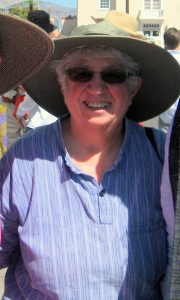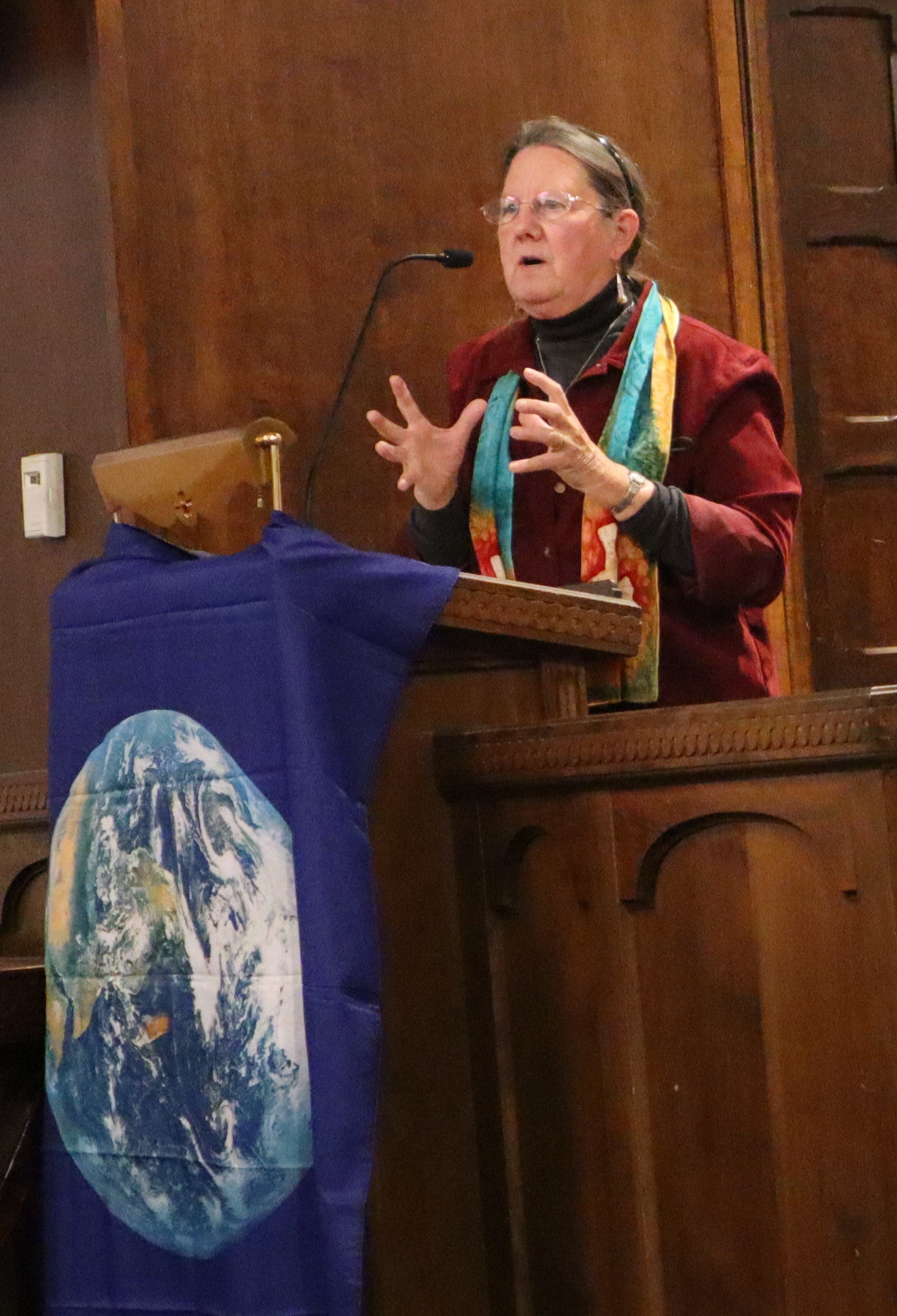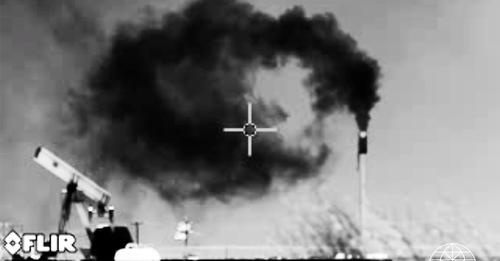Methane Comments: Marlene Perrotte
(The EPA is hosting three virtual public hearings on January 10-12. These hearings are an important opportunity for communities across the country to make their voices heard, and demand that EPA adopts strong, comprehensive methane safeguards to protect our health and our planet. We share ccomments from New Mexico and El Paso residents).
 I am Marlene Perrotte, a member of Sister of Mercy whose ethical commitment to Care for Our Common Home and protect the Commonwealth for the Common Good impels us to work more effectively toward the sustainability of life. I come before you because I care about the fate of our planet’s climate, our public health and the viability of the earth’s community. This work is not optional, it is integral to people of faith.
I am Marlene Perrotte, a member of Sister of Mercy whose ethical commitment to Care for Our Common Home and protect the Commonwealth for the Common Good impels us to work more effectively toward the sustainability of life. I come before you because I care about the fate of our planet’s climate, our public health and the viability of the earth’s community. This work is not optional, it is integral to people of faith.
I would like to thank the EPA and each of you for your work on the methane supplemental rule proposal. Strong federal methane safeguards contribute to reducing climate and air pollution from the oil and gas industry, protect the health and wellbeing of communities across this country, and put hundreds of thousands of Americans to work building a more efficient and secure energy system.
Requiring companies to plug leaks and set reasonable limits on venting and flaring of natural gas is essential. EPA’s current proposal would allow smaller wells with leak-prone equipment to forgo regular monitoring, despite the fact that the science is clear about the outsized levels of pollution from these wells. This is a big problem since operators wouldn’t be required to factor in major pollution events called super-emitters or equipment failures
Strong federal methane safeguards contribute to reducing climate and air pollution from the oil and gas industry, protect the health and wellbeing of communities across this country, and put hundreds of thousands of Americans to work building a more efficient and secure energy system.
A study published in the Journal Nature Communications reveals that low-producing oil and gas wells are responsible for approximately half of the methane emitted from all well sites in the United ‘states while accounting for only 6 of the nation’s oil and gas production. Nearly 8 million people across the country live within half a mile of these sites. Taking action in addressing these emissions must be an essential part of a comprehensive effort to modernize U.S. Policy and more energy development in the 21st century.
Thank you for engaging in this ethical endeavor. Thank you for giving us hope as you carry out the EPA’s mission…public servants protecting the Common Wealth for the Common Good, Care of our ‘Common Home.


